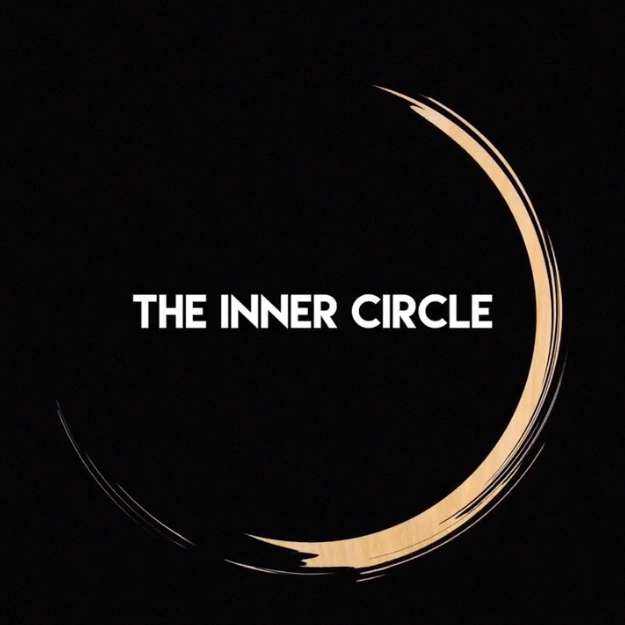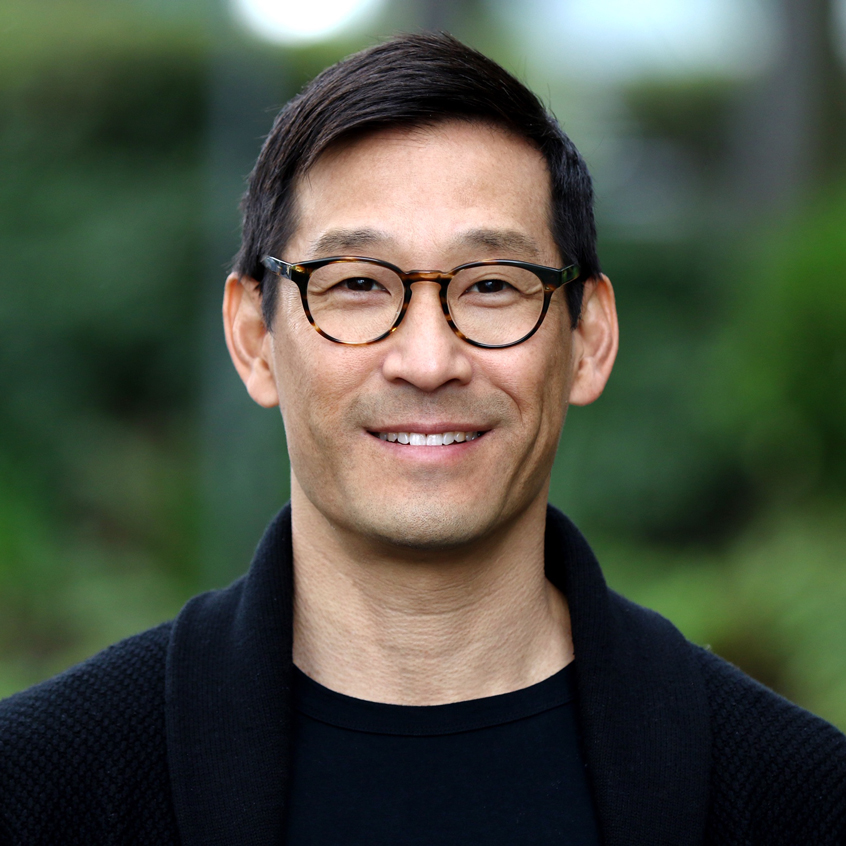I’ve been working from home, and I’ll admit that I’m not very disciplined at all, meaning that, absent some kind of routine, I will inevitably end up doing one of two things: working constantly and ignoring the people I love or never actually starting my workday at all. Obviously, my family doesn’t love the first scenario, my business partners don’t love the second, and truthfully, I’m not a fan of either.
Despite my lifelong dream of living outside of any structure, I designed a workday for myself and you should too.
Working remotely means that no one is going to impose a routine for you. There are no set times for breaks or a clearly defined end-of-work time. You have to decide on all this for yourself.
Setting up a routine keeps your work-life balance from tipping too much toward work or life. It’s easy to fall into bad habits at the office, and it’s even easier when you work from home. I recommend not immediately starting your workday when you wake up. Give yourself some time for breakfast, reading, meditation, or texting a friend.
Also, be sure to take breaks—actual breaks—throughout the day. Give your brain some time away from the task at hand; the usual pauses to talk to coworkers don’t happen at home, so you have to create them.
“Routine automates discipline, and being stuck in a routine is preferable to not having one.”
Keeping the balance is critical. It’s not healthy to allow work to take over every minute of your day, and it’s also not particularly productive. Without a routine, your workspace and home will blur together, which is why it’s also important to have a dedicated workspace that your family respects as your workspace. This will help create a mental separation of being at work from being at home.
This also isn’t just about productivity—not setting these boundaries can also make your home life worse, especially with other people in the house. My kids would often come to ask me questions while I’m in a video meeting or on a call, and I’ve said things I regret to get them to go away. Getting angry when your concentration is broken can throw you off longer than it should.
Ideally, your workspace will be one with a door that closes, but that isn’t mandatory. Currently, my office is my outdoor courtyard; I move my essentials to the patio table every morning around 7:45 a.m. until 1:30 p.m. When the sun moves, I move with it, and I’ve found that the change of environment gives me a new perspective that helps me to see things differently.
Routine automates discipline, and being stuck in a routine is preferable to not having one. You need to design systems that work for you and stick to them. Routines make this a lot easier by removing decisions from your day-to-day.
If you have any questions or comments, don’t hesitate to reach out to me. I’d love to hear from you.






